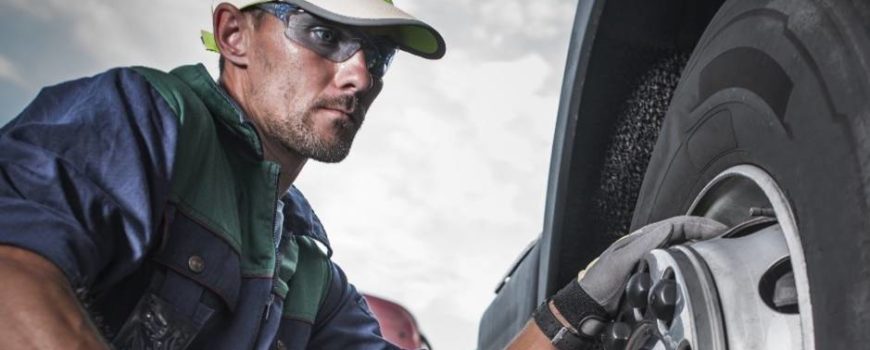It’s no longer necessary to run a business from an office. Explore the options best for you.
The past year — particularly considering the COVID-19 outbreak — certainly put things into perspective for all aspects of our society. From who we see, where we shop, and how we work, life was so drastically different that it forced some reconsideration of what we think of as normal.
That reconsideration was essential for businesses grappling with the need to meet a brand new set of consumer demands and behaviors.
This was most evident in the struggles experienced by brick and mortar businesses in a variety of industries. The indefinite need for distance and limited interpersonal contact made restaurants, auto shops, and small businesses around the country question both their short- and long-term viability.
As business owners pivot several aspects of their business models, one of the questions going forward is whether to stay with brick and mortar locations or to join the growing trend of mobile business models.
The Trouble With Brick and Mortar
Whether creating a new business plan or altering an existing one, there are benefits and drawbacks to every decision. Beyond the many considerations brick and mortar plans require, the biggest for most prospective business owners is simple — cost.
From initial startup costs to long term factors — such as labor, rent, taxes, and utilities — there is a substantial bottom line that competes with the troubling trend of consumer behaviors. Even before the pandemic, brick and mortar locations saw dwindling foot traffic as the online marketplace continued to gain traction. Because it’s nearly impossible to run a business without an online presence, that means business owners must now balance both the physical location along with one on the web.
There are certainly strategies that creative business owners have introduced to withstand the hurdles that have been put in front of brick and mortar businesses recently. Unfortunately, COVID-19 has put that often-limited success in a further bind.
Building a Mobile Business Model
While there is no one-size-fits-all approach to beating the online trends, it has become essential to find alternatives to brick and mortar models. Pivoting to a mobile business model has served as a valuable option for many businesses.
Particularly during the pandemic, offering products and services without forcing employees or customers into uncomfortable proximity has proven to be an effective model.
However, there is a wealth of positivity surrounding mobile business models even when things return to normalcy. In addition to questions about which consumer behaviors will stick around, operating a mobile business remains a viable alternative for business owners wary of operating brick and mortar locations.
Mobile business models can be built to meet consumers where they are, along with the benefit of low startup and overhead costs and often reduced staffing needs. Depending on the business, that is often a recipe towards finding a beneficial profit margin to all but guarantee long term success.
These mobile options could manifest in something as small as a kiosk that allows a restaurant or small retail business to offer their limited inventory in high-traffic spaces as they get off the ground. They could be food trucks or re-purposed trailers for retail spaces.
These qualities also benefit franchise businesses like Tread Connection that embrace mobility. The reduced costs associated with many mobile businesses could also open doors for a wider pool of possible franchisees. That allows more hopeful entrepreneurs to jump at the opportunity to fuel the business’s growth and join in its success.
Which Is the Best Option For You?
As with every part of building a business plan, this decision should be made after performing in-depth market research. As part of that process, ask yourself the following questions:
- Depending on the service being provided, how necessary is a brick and mortar location?
- Would consumers appreciate or even prefer a mobile option?
- How would a mobile business model change the business’s capacity to meet its demand and build a sustainable profit margin?
Along with the rest of your research, finding answers to these questions could set you on a path towards deciding on a mobile business model with confidence.
COVID-19 has changed the business landscape for both the short and long run, meaning the changes brick and mortar business models have experienced in recent years have simply been accelerated. It’s better to be on the front end of change rather than lagging behind.
Contact Tread Connection today to discuss the possibilities of owning your own mobile franchise!

